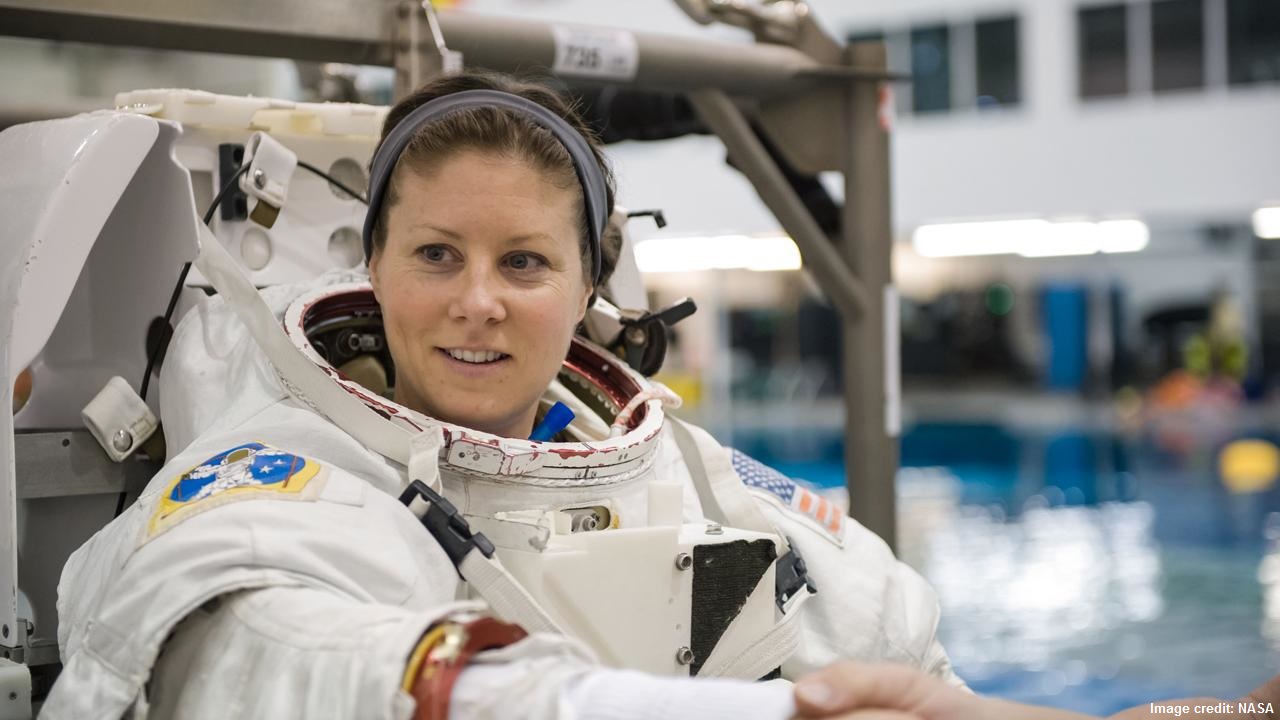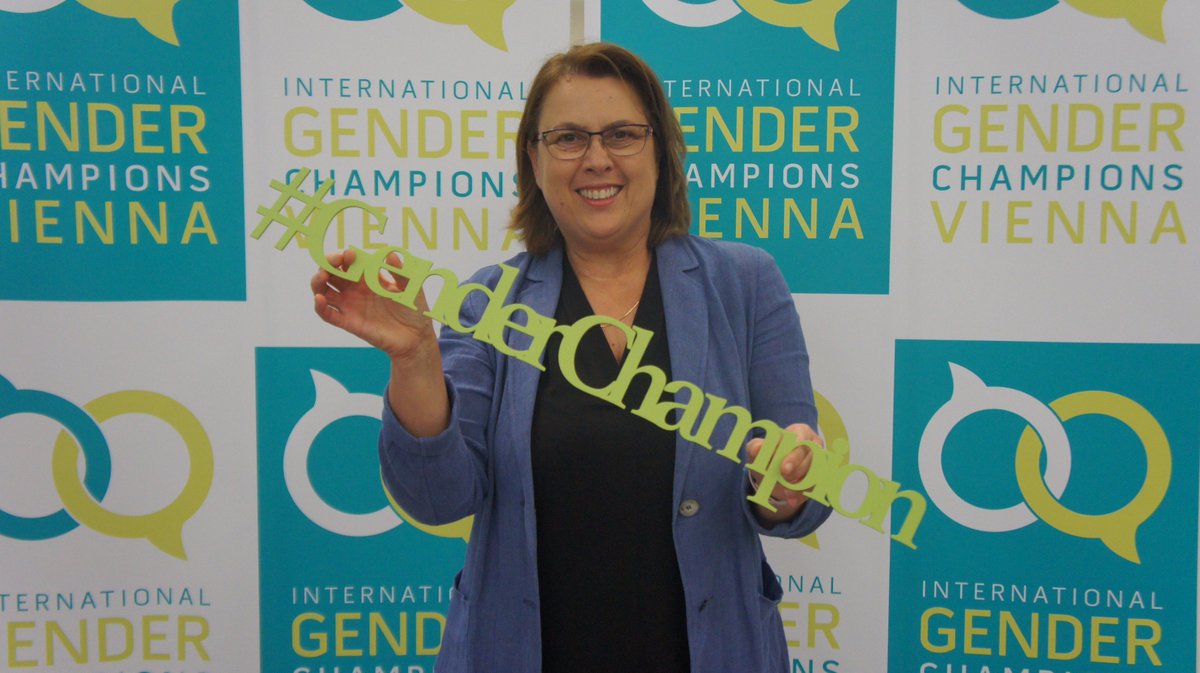
The growth of the space sector encourages women to pursue STEM education and develop the required skills to access the meaningful employment and leadership opportunities it provides. Also, while other SDGs address poverty, health, and education, these challenges are also intertwined with gender equality. The space sector employs innovative solutions and methodologies which can be integrated with a gender perspective to solve the specific developmental difficulties that women experience.
UNOOSA's Space4Women project helps empower women in space and STEM, by creating an online mentoring platform for younger women in STEM to network with experienced "Space4Women Champions". It links women to positive female role models who can advise and guide them to opportunities in the field. Through Space4Women, UNOOSA also provides policy-relevant advice, knowledge management and evidence-based awareness raising, research and data to institutions and governments to implement programs supporting "space for women" and "women for space".
Read more about the Space4Women project
Simonetta di Pippo is an International Gender Champion

Achieving gender equality and female empowerment by breaking down gender barriers is a key factor to strive for peace, defend rights, promote the well-being of all and encourage economic growth. The
International Gender Champions network provides a platform for stronger action to promote gender equality and consists of a broad range of actors. The International Gender Champions sign the Panel Parity Pledge to not sit on single-sex panels and take on two additional individual commitments to support gender equality.
Simonetta Di Pippo, Director of the United Nations Office for Outer Space Affairs is one of the International Gender Champions. Her two commitments to achieve gender equality at UNOOSA are to:
-
Advise and encourage delegations to committees to launch or support, as appropriate, measures, decisions and initiatives promoting gender equality across the entire spectrum of their activities in the field of the peaceful exploration and uses of outer space. Make sure that formal statements delivered on behalf of UNOOSA contain a vocal emphasis from a gender perspective, as appropriate.
-
Develop a fully-fledged 'Space for Women' project to facilitate the strengthening of the awareness, capacity and skills of individuals and institutions related to the importance of promoting gender equality in the space sector and its fundamental educational fields by 2019. With the following cornerstones:
-
-
Facilitating access to the space sector education as well the space sector itself
-
Provide policy-relevant advice and awareness raising to institutions and governments on 'Space for Women' and 'Women for Space'
-
Facilitating capacity-building/training of individuals on access to and use of space-technology
-
Promote a mentoring platform on 'Space for Women' Champions

